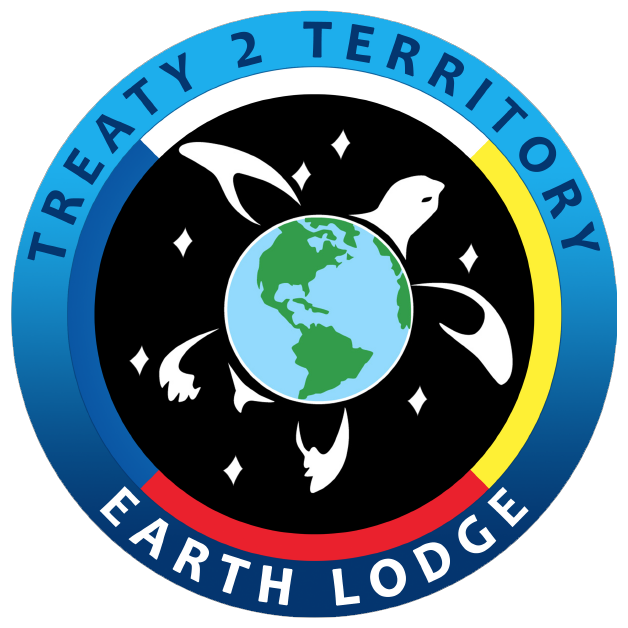Good Day! We hope that everyone is staying safe and well.
Recently, FNT2T Life Long Learning has been looking at the protection of First Nations (Indigenous) traditional knowledge (TK) and intellectual property (IP). This is important because many First Nations have experienced the appropriation of traditional knowledge and intellectual property throughout time; often, they are extracted, misrepresented, misunderstood, and/or misused, both unintentionally and intentionally. Many First Nations want to ensure that all research conducted in their communities involving or relating to the people, culture, resources, history and language is protected. Many want to ensure that permission is sought by researchers, credit is given to participants, and compensation provided for contributions, if necessary.
Our ancestors understood that things had to be done in a good way. Nothing was to be removed, including knowledge, without following proper and respectful protocol. This was natural law. Even in the practice of oral history, ancestors acknowledged teachers, Elders and storytellers before beginning a story or teaching. Most Anishinaabe and many First Nations ancestors were egalitarian societies in which the people shared, yet it was important to acknowledge and to reciprocate in sharing.
The Chiefs of Ontario define traditional knowledge as “the collective knowledge systems unique to the First Peoples of Turtle Island. It is the accumulated and living knowledge possessing a depth and breadth of information built upon the historic experiences of Peoples living on the land and adapts to social, economic, environmental, spiritual and political change. It is critical that First Nations (Indigenous) Traditional Knowledge be treated with the utmost respect.” According to a document by the government of Canada titled “Introduction to Intellectual Property Rights and the Protection of Indigenous Knowledge and Cultural Expressions in Canada,” this includes stories, art, crafts, dances, fabric, songs, and ceremonies.
Many First Nations across Canada have drafted their own Code of Ethics for Research in their communities. It outlines that researchers (including members and other First Nations) must follow a research proposal and approval process that is in place to honour and protect members, community, traditional knowledge, and intellectual property.
A code of ethics is typically overseen by an ethics committee and/or an Elders group. A major component in many First Nations code of research ethics is that a project must clearly outline how the research will benefit and advance the work taking place within the community. This ensures that all research gives back to the community rather than simply extracting information and knowledge. A code of ethics can also ask that researchers provide proposals that explain the project’s purpose, goals, risks, findings, methodologies, and dissemination (how the information will be shared publicly).
Thee United Nations Declaration on the Rights of Indigenous Peoples (UNDRIP) Article 31 states:
Indigenous peoples have the right to maintain, control, protect and develop their cultural heritage, traditional knowledge and traditional cultural expressions, as well as the manifestations of their sciences, technologies and cultures, including human and genetic resources, seeds, medicines, knowledge of the properties of fauna and flora, oral traditions, literatures, designs, sports and traditional games and visual and performing arts. They also have the right to maintain, control, protect and develop their intellectual property over such cultural heritage, traditional knowledge, and traditional cultural expressions.
As many First Nations continue the steps in exercising sovereignty, inherent rights, Aboriginal rights (and title), and treaty rights, having a code of ethics for research would be an important component in that work. If interested in learning more on this, one could start with, “First Nations Ethics Guide of Research and Aboriginal Traditional Knowledge” by the Assembly of First Nations. FNT2T Life Long Learning has also drafted a code of ethics for research, contact the Dauphin main office for more information.
Stay safe and well. Renew and revitalize.
